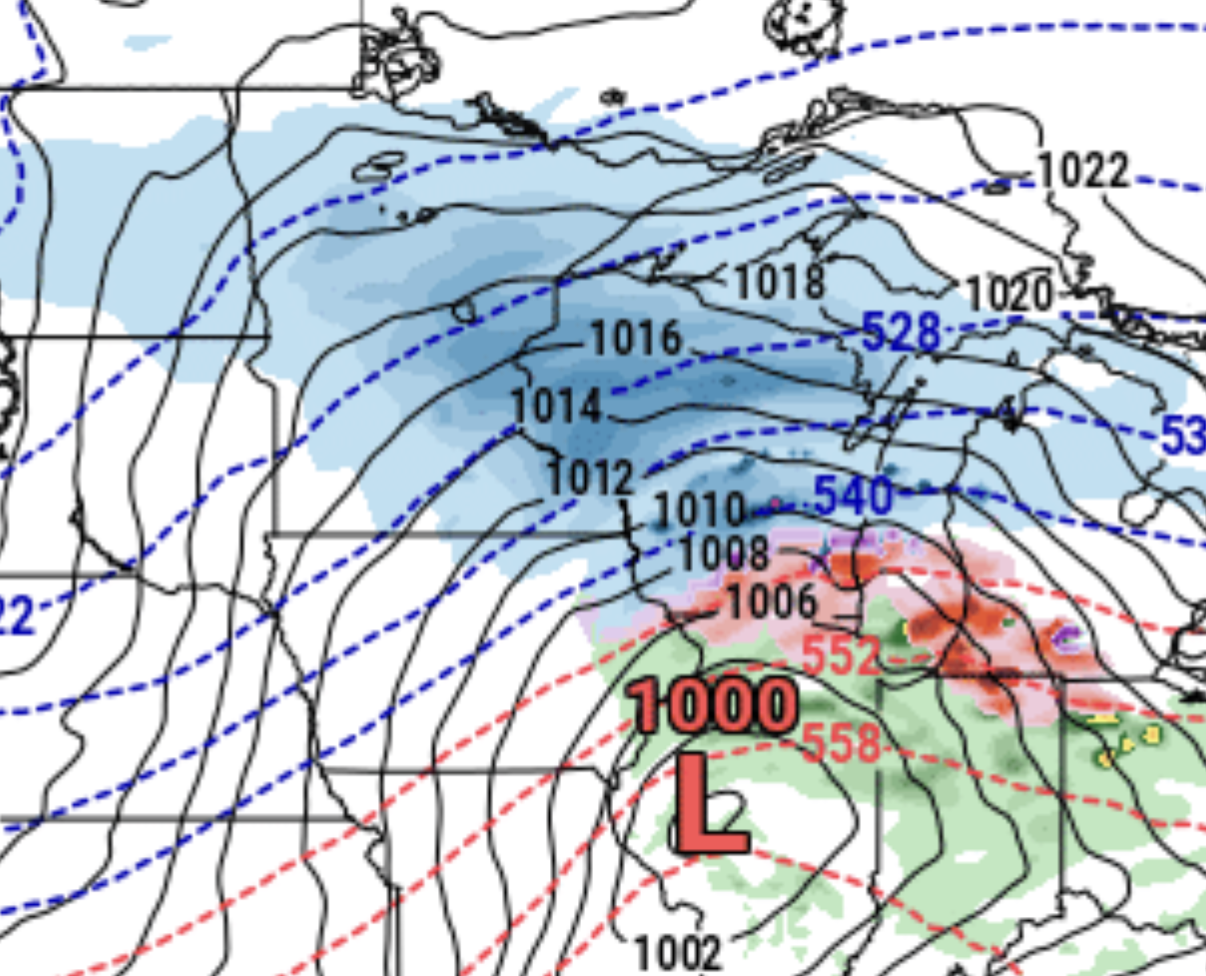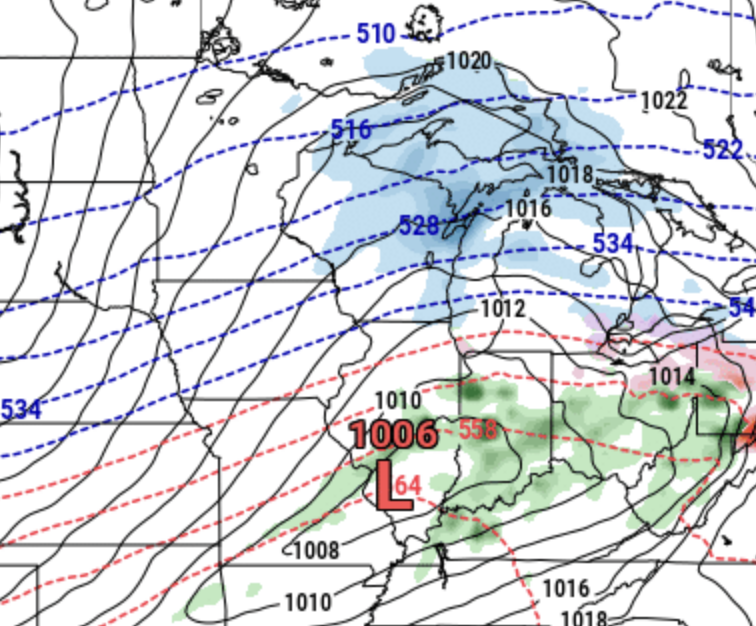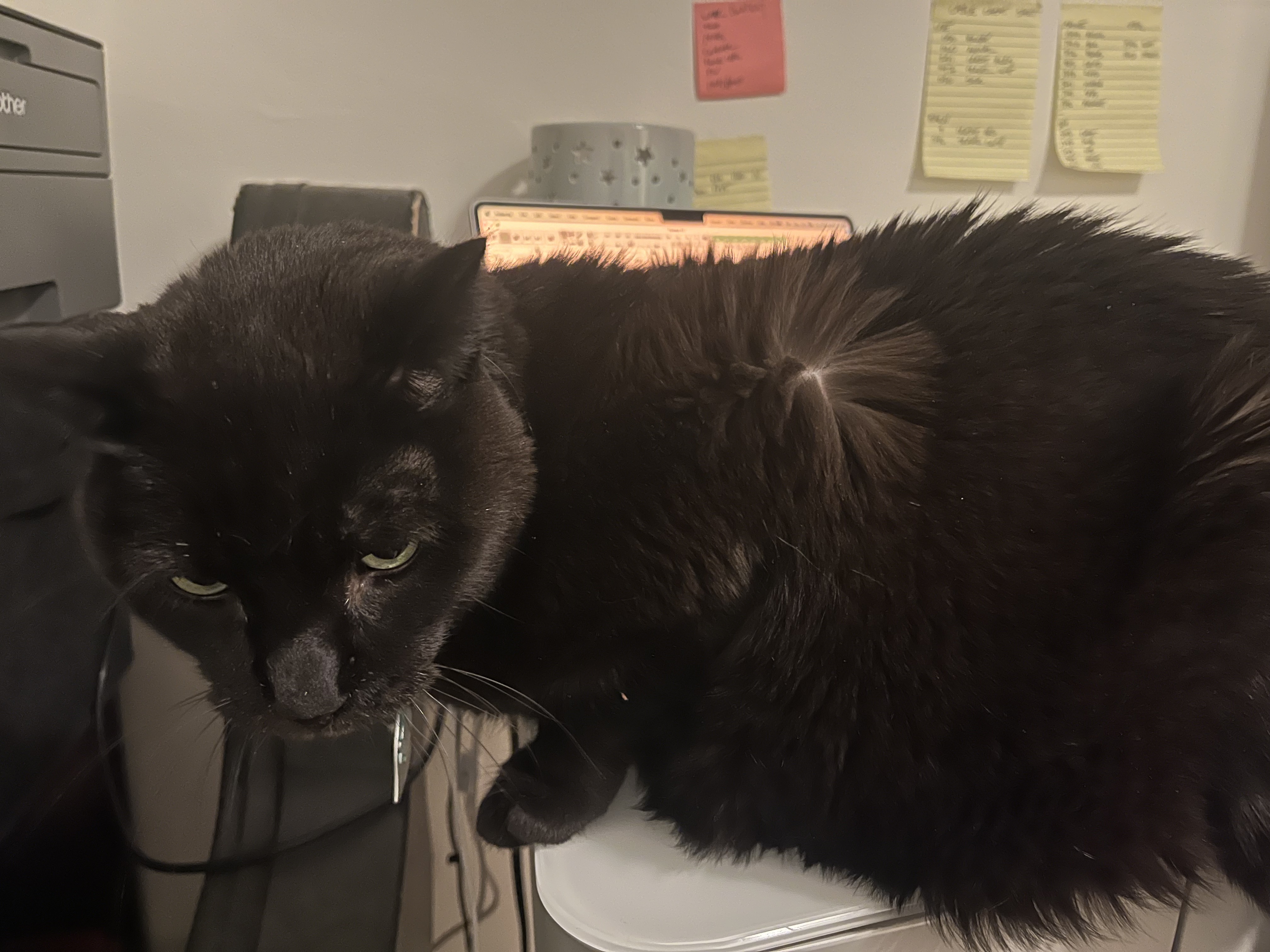Wisconsin notes from the Birkie staff update:
- Not so bad conditions up north
- Not so great conditions down south
- Always want to get to Hayward, but need to make a call ~10 days out (the lake is solid)
- There is better snowmaking, the goal is to put everyone on snow, realize it’s a race*
- The goal is for the race to count for 2026 wave placement (open track doesn’t count)
- Birkie needs volunteers!
Schedule:
Feb 10: course announcement, live update
Feb 17: Live Q&A
Courses may be shorter, length will depend on the total length of the race, they can model out how people will move through the course. Classic may be a different day
Okay, so we need several inches of snow this week to at least give them the potential to start putting up the bridge. Any way that happens? It’s not impossible. Let’s look at today’s model data:
18Z GFS: 3″
12Z Euro: 6″
12Z Canadian: 7″
12Z GFS: 5″
06Z GFS: 6″
00Z Euro: 10″
00Z Canadian: 8″
00Z GFS: 7″
Okay, so the good is that the average of today’s model runs drops 6.5 inches on Hayward. The other bit of good news is that the bigger storm this weekend would have a northern cutoff, so it’s possible Cable could get 4″ and Hayward 7″ and that could be the kind of needle threading that would help the Birkie at least kick the can in hopes of getting a bit more snow next week (there’s an active storm pattern if it doesn’t get suppressed too far south).
The not so good news is that the models are trending less over the past 24 hours and this weekend’s storm track will matter a lot:
This Thursday’s storm is probably good for 1-3″ of snow; there’s an outside chance of a bit more if it all lines up just right.
Which means, watch this weekend. If it can get in the 3-6″ range, then we may be in business. If it fizzles, well, better luck next year?
What does all this mean. Here are my best guesses for what we get:
20% race just on manmade at the trailhead (~13k loops)
20% race on manmade plus some natural snow (~20k loops)
25% loop to OO and back (45k single loop)
33% full course to Hayward
2% all hell breaks loose cancelation
Hopefully not too pessimistic! We’ll know more by later in the week.
* this is a reference to the 20-years-ago Man vs Beast race of Fox, where the zebra’s goal was to “realize it’s a race” and was then parodied on Family Guy.





